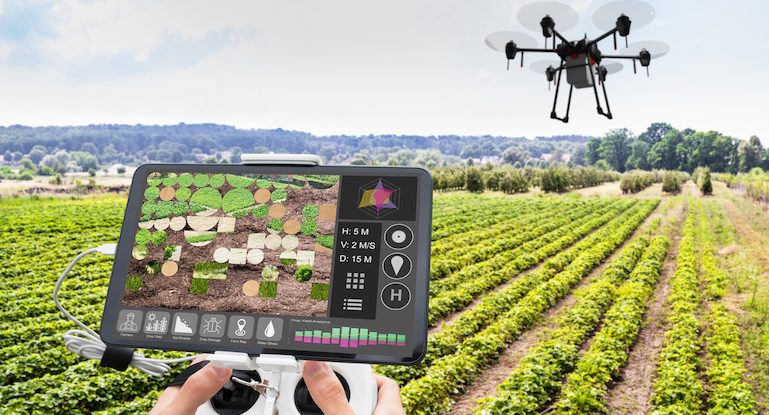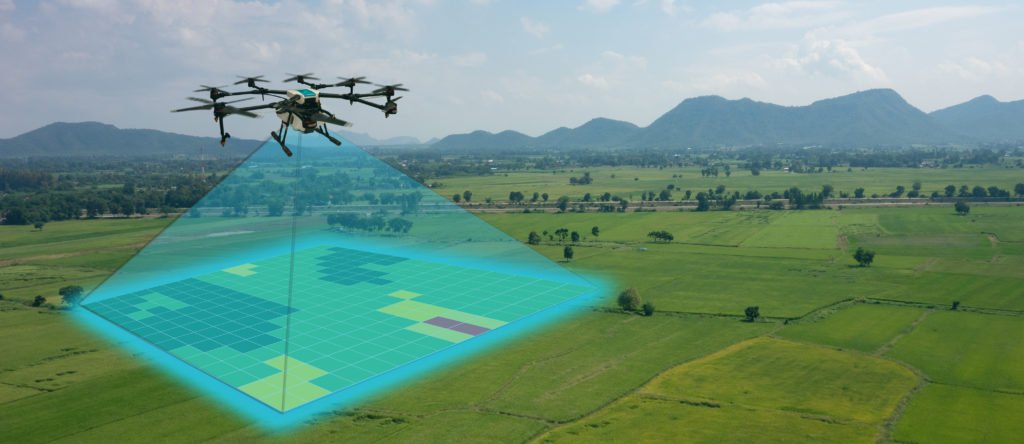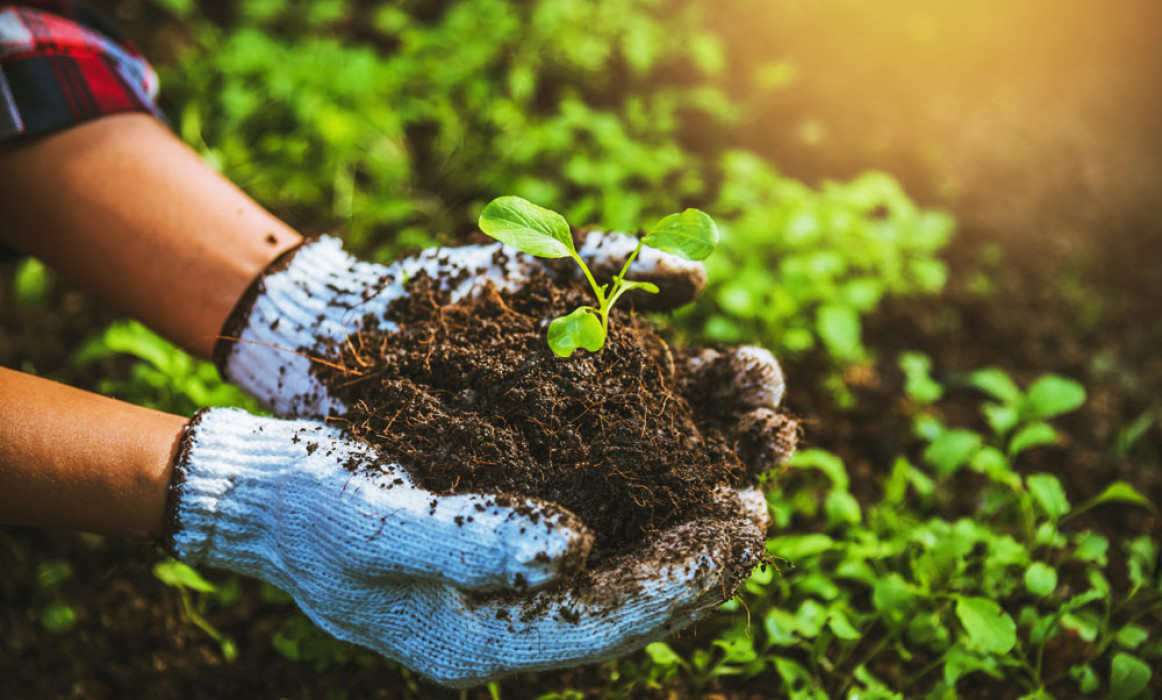Revolutionizing Agriculture for a Better Tomorrow



Active client with positive reviews
How Diagonal VentureWorks
Satellite & Aerial Imagery Scan
We utilize high-resolution
satellite and aerial imagery
to constantly monitor your
crops, pinpointing health
issues faster and allowing
for targeted treatment
when and where they're
needed.
Integrating Weather Data
By incorporating weather
data, we make more
precise evaluations of your
crops' conditions, helping
you plan and mitigate
potential environmental
impacts on your produce.
Advanced Crop Analysis
Our Al technology
comprehensively analyzes
the collected data.
highlighting potential
problems and suggesting
preventive measures for
healthier growth.
Result-oriented Agricultural Adoption
Based on the
comprehensive analysis, all
these insights are readable
through our user-friendly
dashboard, allowing you to
swiftly adopt the suggested
measures and optimize
your farming practices for
maximum vield.
Our Services
Expert Guidance for Agriculture
Visionary Insights
Diagonal Ventures combines cutting-edge computer vision technology with satellite imagery and Al- enhanced machine learning to provide detailed, field-level verification of historical and in-season management practices. This insight allows growers to optimize their operations with confidence.
Ecosystem Mastery
The SALUS model, a cornerstone of our suite, employs a systems-based approach to crop and environmental modeling. It enables the simulation of real-world and theoretical scenarios, empowering growers to plan for a range of conditions and make informed choices.
Data-Driven Practice Precision
We blend public and proprietary data sources to infer essential practices that may be challenging to ascertain through computer vision alone, such as fertilizer application rates. This comprehensive approach ensures that growers have access to the most accurate and actionable information.
Scalable Simulation Power
By seamlessly integrating the SALUS model, computer vision, and practice inferences, Diagonal Ventures offers a powerful simulation tool. It can run millions of scenarios, allowing for the quantification of current and potential emissions factors for fields, portfolios, and supply sheds, enabling data-driven sustainability planning.
Geospatial Data Information and Access
Diagonal Ventures maintains an extensive geospatial data warehouse, complete with searchable parcel and field boundaries. Pre-run simulations provide users with real-time access to critical metrics, enabling
precise decision-making at any scale.
Why Choose Us
Sustainability in Agriculture
We are committed to preserving the environment by advocating and practicing sustainable farming. Let’s make a big impact, together – on the field and the planet.
Testimonials
Our Clients Say

CEO Maverick
I'm amazed at what Diagonal Venture has done for my small farm. Their hydroponic systems have allowed me to grow crops all year round, even in harsh weather conditions. It's truly a game-changer for anyone in the agriculture business!

COO Farmland
Diagonal Venture hydroponic nutrient solutions are top-notch. My plants have never looked healthier, and the convenience of their products is unmatched. I highly recommend their services to any hydroponic enthusiast.

Jessica Liem
I attended one of Diagonal Venture hydroponic workshops, and it was a fantastic learning experience. Their experts are knowledgeable and passionate about what they do. I left with the confidence to start my own hydroponic garden.
Ready to Transform Your Farming?
Our Blog
Navigating Through Our Blog & Articles
FAQ
General Questions
Sustainable farming, also known as regenerative agriculture, is an approach that aims to balance the need for food production with environmental and social responsibility. It differs from conventional farming by prioritizing practices that minimize negative environmental impacts, promote soil health, conserve resources, and encourage biodiversity.
- The key principles of sustainable farming include prioritizing soil health, efficient resource use, biodiversity, reduced environmental impact, and the responsible management of natural resources. These principles guide sustainable farmers in their efforts to produce food while minimizing harm to the environment.
Technology plays a crucial role in sustainable farming by providing tools such as soil sensors, weather monitoring systems, crop health sensors, and environmental sensors. These technologies enable farmers to collect real-time data, make informed decisions, optimize resource use, and reduce environmental impact. They contribute to more efficient and eco-friendly farming practices.
Sustainable farming encompasses a range of techniques and practices, including reduced tillage, cover cropping, crop rotation, organic farming, integrated pest management, water-efficient irrigation methods, and agroforestry. These practices focus on soil health, resource conservation, and minimizing the use of synthetic chemicals.






